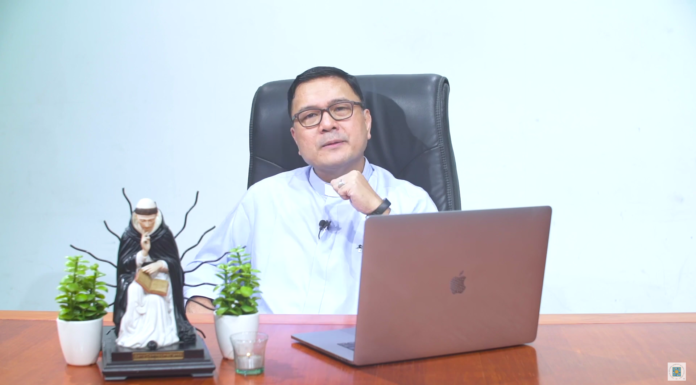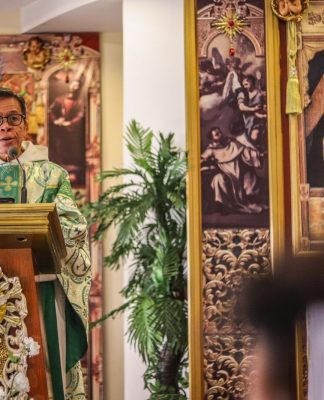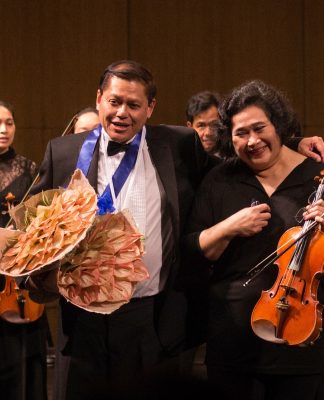Described as one of the freest in Asia, the Philippine press is also one of the “most dangerous” in the region, according to a recent New York-based group’s study. As of this month, almost 70 Filipino journalists have been killed since 1986, about half of whom were reported only after 2000. Although not all the incidents were work-related, the numbers are worrisome.
The power of the media is unparalleled. This power tends to be overemphasized and abused in the debate on how to stop the killings of journalists.
With the glorious mantle of the Constitution for a free press, some journalists tend to abuse and violate ethical and moral standards of their profession. Their ghastly comments of political motivations may have invited retaliation from unseen powers, and eventually they are dealt with death. Each word they utter provokes either a libel suit or a bullet in their head.
Recently, the President raised five million pesos to fund the witness protection program and pay those who may contribute to solve for the slain journalists’ cases. Media groups acknowledged the President’s effort and perceived it as the answer to solve the dilemma. But it is the whole industry that must do something for the benefit of all.
Government officials, businessmen, and ordinary Filipinos are also victims of violence. The reported figures are already shockingly deplorable, but how about those whose cases remain unreported? Even the authorities do not wish to know the exact count since it might show how poor the system is. The alarming increase of such criminal acts is a reflection of a flawed justice system and weak law enforcement. This state of things explains why enemies of the media could kill with impunity.
The “press freedom fund” is not necessary; a highly developed police system and fair but speedy trial can stem the killings. At the same time, journalists, whether those who abuse their power or not, should find time to reflect and search for their purpose.
The University, home of the country’s oldest and most respected journalism school, must appeal for competence, commitment, and compassion to deliver and fight for the truth. These virtues, in one way or the other, are also stressed in the Filipino Journalists’ Code of Ethics which different media organizations such as Philippine Press Institute, Philippine Press Council, and the Kapisanan ng mga Brodkaster ng Pilipinas should work at.
These groups have always called for justice and freedom, but have they done something to foster ethical and moral standards among their peers? This is not to condone the killings, but the killings are a sad reflection on both our woeful peace and order and terrible justice system, as well as a deplorable glimpse on how certain sectors of media tend to neglect ethics and the requirement of accuracy, fairness, objectivity and balanced reporting. It is revealing for one that some of the radio men killed belong to partisan radio stations. After all, a gun won’t shoot if no one pulls the trigger.
















